Lung cancerIt occurs when cells in the lung divide and multiply uncontrollably. Unconsciously proliferating cells form a mass over time. This mass may spread to the surrounding tissues over time. Thus, it also harms the surrounding organs. It is one of the most common types of cancer that can result in death. Because the probability of surgery is very low. Since the lung is a non-renewable organ, physicians consider surgery as a last resort.
What are the Symptoms of Lung Cancer?
Lung cancer symptoms Although it is often confused with diseases such as tuberculosis or tuberculosis, early treatment is very useful. Symptoms seen in the early stages are generally as follows;
· Cough that does not go away and gets worse
· Coughing with phlegm and coughing up blood
· Chest pain when breathing deeply, coughing and sneezing
· hoarseness in voice
· Shortness of breath
· constant wheezing
· Weight loss and feeling tired all the time
· Weight loss accompanied by loss of appetite
Tumors that form in the lung can also affect the facial nerves. For example, you may encounter problems such as drooping of the eyelid, swelling, very small pupils, unilateral facial sweating. Although the symptoms are a general term, if you notice a few of them, it will be useful to see your oncology doctor before it's too late.
Lung Cancer Stages and Types
Lung cancer It is examined in two different groups as small cell and large cell. The most common cases are those with large cells. Your doctor performs some tests to get clearer information about cancer. The tests applied also help in the implementation of the treatment plan. The diagnosis and stages of both types are different.
The stages of large cell lung cancer are as follows;
· 1 stage; The tumor is only in the lung. It has not spread to surrounding tissues.
· 2nd stage; There are cancer cells in the lung and nearby tissues.
· 3rd stage; There are cancer cells in the lungs and lymph nodes.
· 3A stage; there is cancer in the lymph nodes and on the side of the chest where the cancer begins to grow.
· 3D stage; it has spread to the lymph nodes on the opposite side of the chest and to the lymph nodes above the collarbone.
· stage 4; The cancer has spread to both lungs. However, it has also spread to other organs.
Small cell lung cancer stages are as follows;
· early stage; The cancer was confined to the thoracic cavity and lymph nodes.
· late stage; the tumor has spread to other tissues and to both lungs.
Methods Used in the Diagnosis of Lung Cancer
Lung cancer diagnostic methods as follows;
· Imaging techniques; If there is an abnormal mass in the lungs, it will occur in imaging techniques. The doctor may also order a CT scan to detect small lesions.
· Sputum test; it can be detected instantly if you are coughing up phlegm. In this way, it can be determined whether there is a lesion in the lung.
· Biopsy; A part can be taken from the abnormal cell seen in the lung. This gives more comprehensive information about the cell.
· bronchoscopy; Abnormal areas discovered in the lung are detected by reaching the lungs with a lighted tube. A biopsy can also be done.
Lung Cancer Treatment
Lung cancer treatment may vary from person to person. Non-small cell cancer in particular is even more different. But the types of treatment doctors prefer include chemotherapy, radiotherapy, surgery, and immunotherapy. You can learn more about these treatments below.
Chemotherapy
Potent drugs are used to treat cancer. There are some situations where chemotherapy can be used. Chemotherapy and surgery can also be applied to increase the chance of success. It can also be applied for the regeneration of cancerous cells after the operation. If treatment is not possible, it can also be applied to reduce symptoms. How long chemotherapy will take varies from person to person. Side effects of chemotherapy;
· hair shedding
· Yanma
· Feeling tired
· Ulcers in the mouth
After the treatment ends, these side effects also end. While receiving chemotherapy, you need to keep your immune system very high.
Radiotherapy
It uses pulses of radiation to destroy cancer cells. If the patient is not healthy enough for surgery or has reached the final stage, symptoms are alleviated by radiotherapy. Radiotherapy can be applied in two different ways. The traditional method of radical radiotherapy is between 20 and 32 treatment sessions. Radical radiotherapy is given every 5 days. Each session takes about 10 minutes. Radiotherapy side effects are as follows;
· Chest pain
· Weakness
· Cough with bloody sputum
· difficulty swallowing
· spotting like sunburn
· Hair loss
Immunotherapy
It is a drug treatment applied to some points of the body with a plastic tube. Approximately 30 minutes are required for one session. It is arranged at intervals of 2-4 weeks. Immunotherapy side effects;
· Fatigue
· feeling weak
· feeling sick
· diarrhea and vomiting
· Loss of appetite
· Joint pain
· Shortness of breath
Is Lung Cancer Surgery Possible?
Lung cancer can be operated on. The procedure begins after the patient is given general anesthesia. The physician makes an incision on the right side of the chest area. All lobes are cleaned. If it thinks it has spread, it will also clean the lymph nodes. Thus, the patient gets rid of most of the cancerous cells. You can return home 5-10 days after the operation. However, it may take up to 1 week to fully recover. However, you should be on the move without being tied to the bed. It is extremely important in terms of preventing blood clots.
Are There Risks of Lung Cancer Surgery?
Lung cancer surgery In general, it is made with a 15 cm incision on the skin. There are many vital organs in the area where the surgery is performed. Therefore, it is an extremely risky surgery. However, it should be noted that chemotherapy and radiotherapy also have some risks. Therefore, it is better to leave the final decision to the doctor.
Best Country for Lung Cancer Treatment
Lung cancer is extremely critical in terms of vitality. The treatment must be carried out by successful surgeons. Therefore, patient and clinic selection is extremely important. Since the treatment process will take a long time, cost preparation should be made by taking into account the need for accommodation. If you want a successful and cost-effective treatment, you can choose Turkey.
There is no waiting period in Turkey. In addition, technological tools are used and the clinics are well equipped. Operating rooms are also extremely hygienic. You can have surgery without a problem such as infection. You too Lung cancer treatment in Turkey If you want to do it, you can contact us.

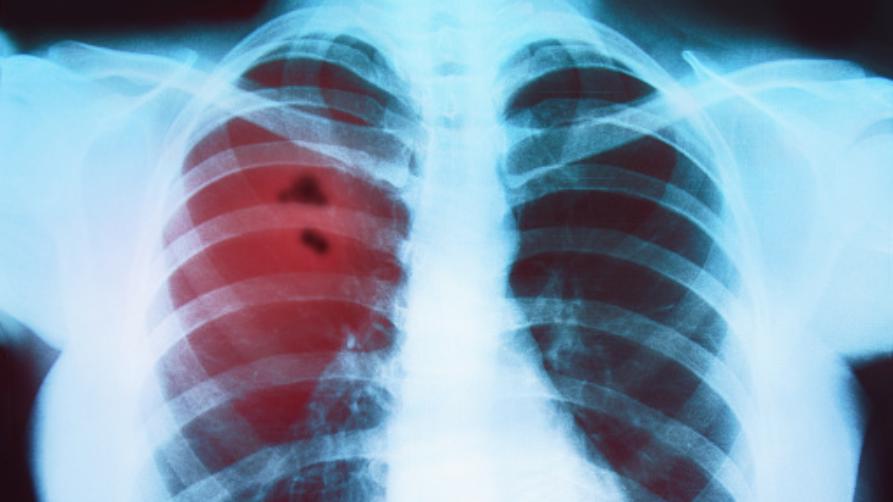



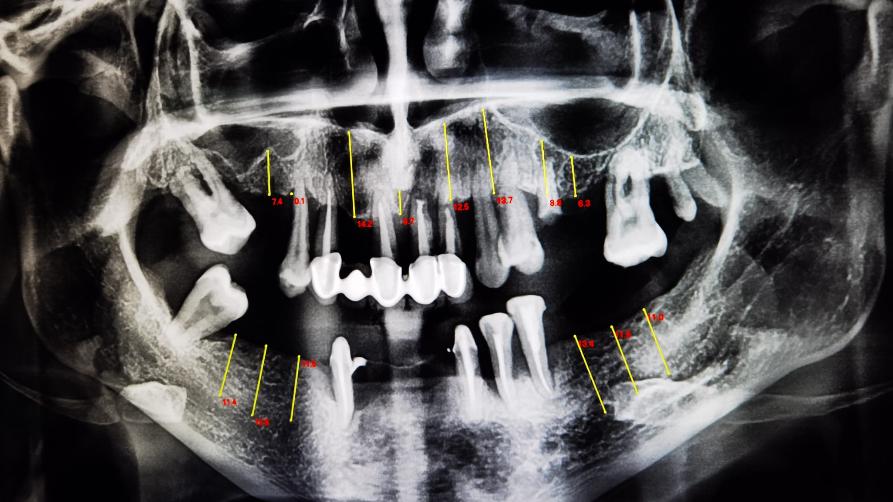
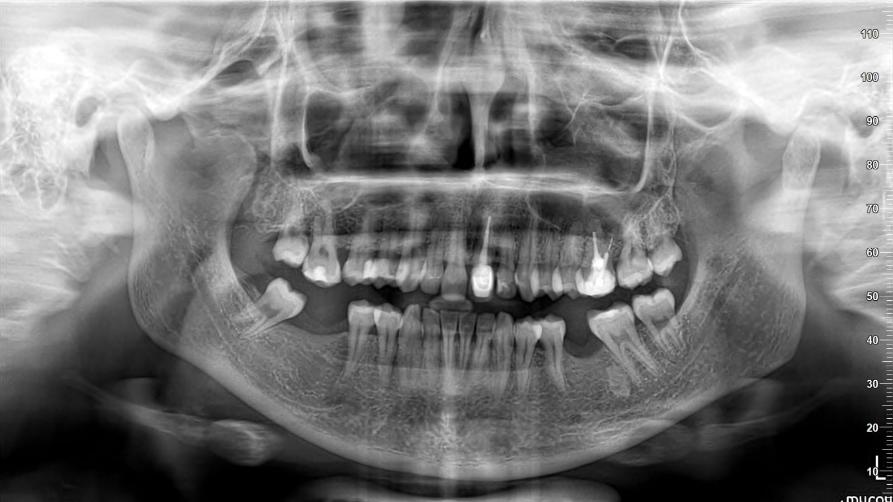
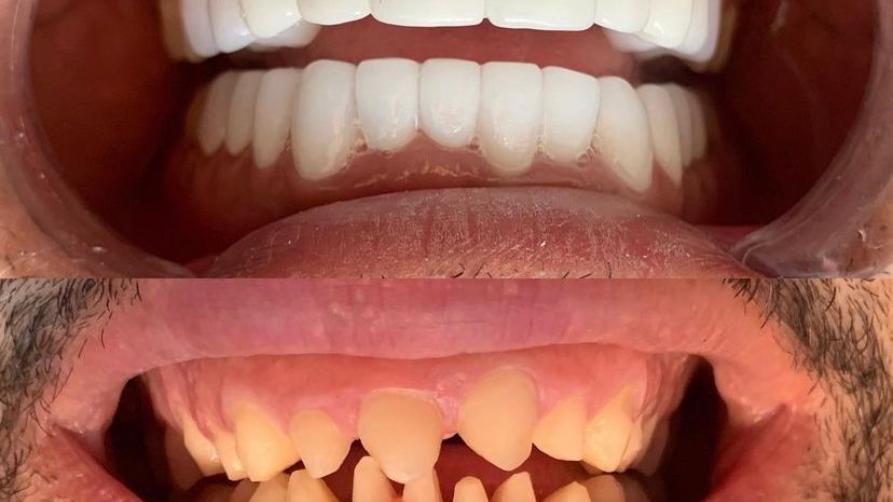

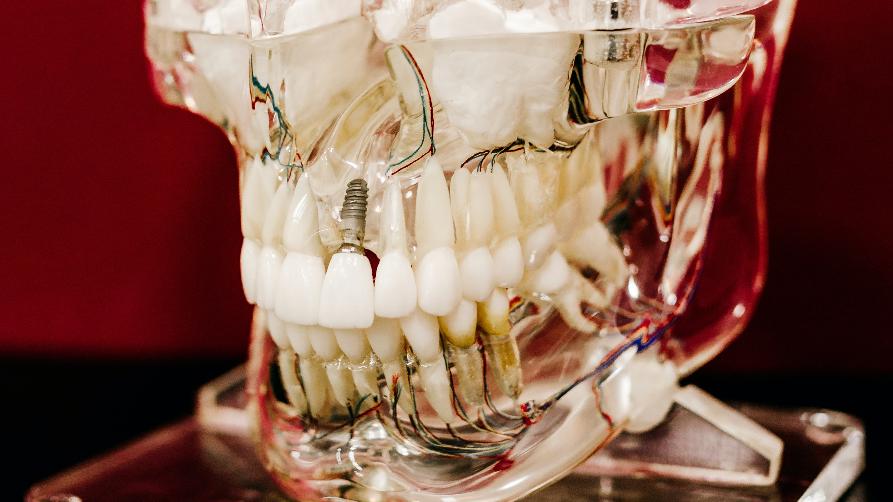
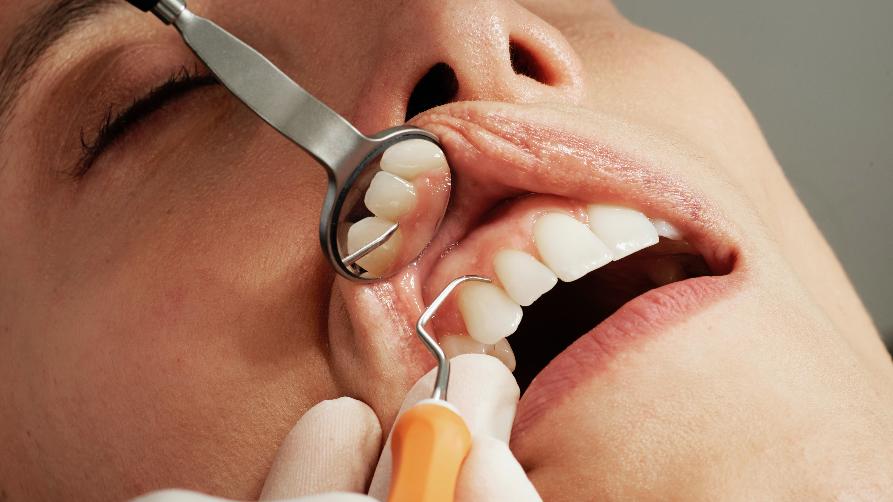
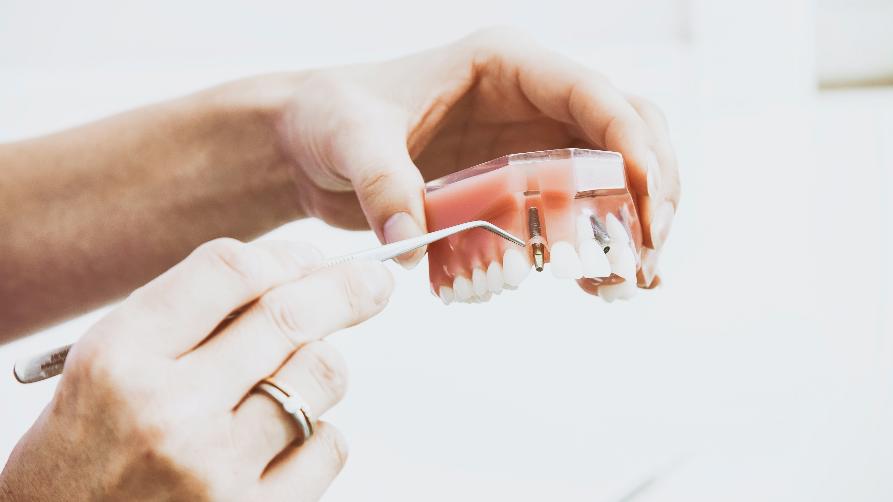
Leave a Comment